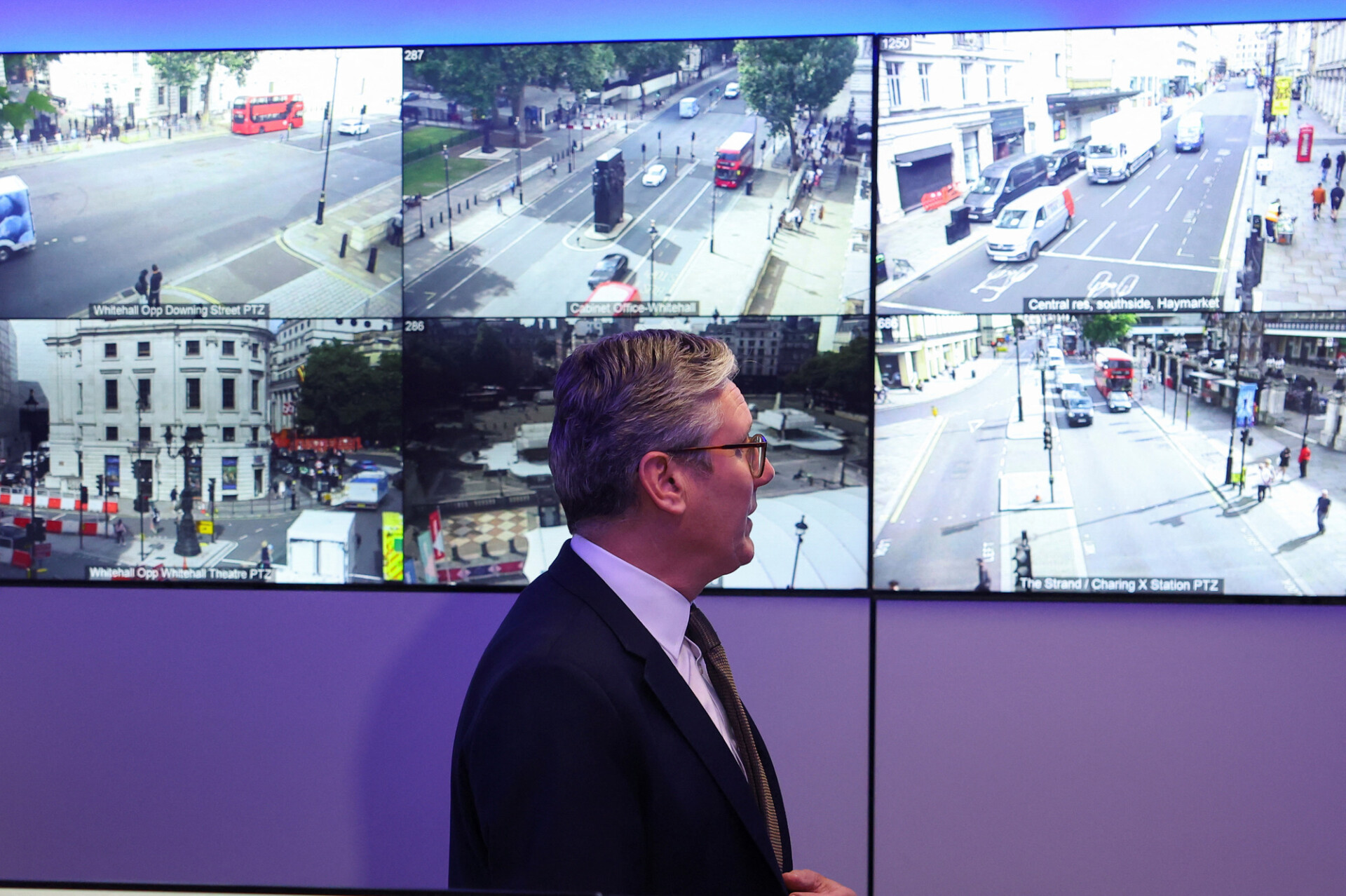The phrase “two-tier” has come to dominate coverage on law and order in modern Britain, usually by those who believe that ethnic and religious minorities tend to be the beneficiaries of preferential treatment when it comes to policing (especially of protests which descend into violent disorder).
There is a point to be made, with West Midlands Police seemingly bowing to the “advice” of unaccountable so-called “community leaders” when deciding on the style of policing in inner-city Birmingham. The likes of Reform UK leader Nigel Farage have argued that this is also reflected in the criminal justice system’s punishment of those involved in public disorder.
But the Royal United Services Institute (RUSI) has taken a rather different position, saying that extreme Right-wing violence “is often classified as mere thuggery” by politicians, prosecutors, and the security services. Equivalent acts by Islamist extremists would “swiftly be labelled as terrorism”, argues the think-tank.
RUSI has a point. While Keir Starmer has frequently used the term “far-Right” and has repeatedly referred to those involved in the disorder as “thugs”, he has gone to lengths to downplay the potential ideological motivations behind the riots (for fear of appearing to suggest they are in some way justified). But the former chief of counter-terrorism policing, Neil Basu, has said that some of the violence during the riots had “crossed the line into terrorism”.
The heart of the legal definition of terrorism (in Section 1 of the 2000 Terrorism Act) states that the use or threat of violence (or damage to property) must be based on “the purpose of advancing a political, religious, racial, or ideological cause”. Other specific actions include “creating a serious risk to the health or safety of the public or a section of the public”. It is not unreasonable to suggest that deliberately setting hotels on fire — as was the case in Rotherham and Tamworth — because they reportedly host Channel migrants, could be an act of anti-migrant terrorism.
Attacking minority places of worship is a hallmark of far-Right terror activity — a ferocious targeted assault on a mosque as worshippers fear for their lives inside is endangering the health and safety of a specific section of the local community, as was the case in the Southport riots. While wanting to be seen as adopting a ruthless law-and-order approach to the disorder, Starmer runs the risk of trivialising these potential acts of terrorism as mindless racist thuggery.
Where the RUSI article overstretched to the point of being suspect is positing that politicians are generally more enthusiastic to identify and condemn violent acts of Islamist extremism when compared to its far-Right, neo-Nazi counterpart. This certainly isn’t reflected when considering the far-Right killing of Labour MP Jo Cox and the Islamist murder of Conservative MP Sir David Amess. They are not equally etched in Britain’s collective political memory; while there has been a long-standing openness over the ideological motivations behind the former, there has been a certain squeamishness over those which drove the latter, with online anonymity bizarrely dominating the conversation at one point.
What all of this shows is that in an increasingly diverse society where there are depressed levels of trust in public institutions and competing politics of grievance, the job of coming across as fair, balanced, and impartial is as hard as ever for those in positions of political, policing, and security leadership in modern Britain. The Prime Minister must engage with legitimate concerns over perceived two-tier governance — especially the outsourcing of law-and-order responsibilities to unofficial community actors within Muslim communities. But most of all, it is time that he listened to senior voices in the counter-terrorism sphere by acknowledging the ideological and political dimension of the recent violent disorder.











Join the discussion
Join like minded readers that support our journalism by becoming a paid subscriber
To join the discussion in the comments, become a paid subscriber.
Join like minded readers that support our journalism, read unlimited articles and enjoy other subscriber-only benefits.
Subscribe